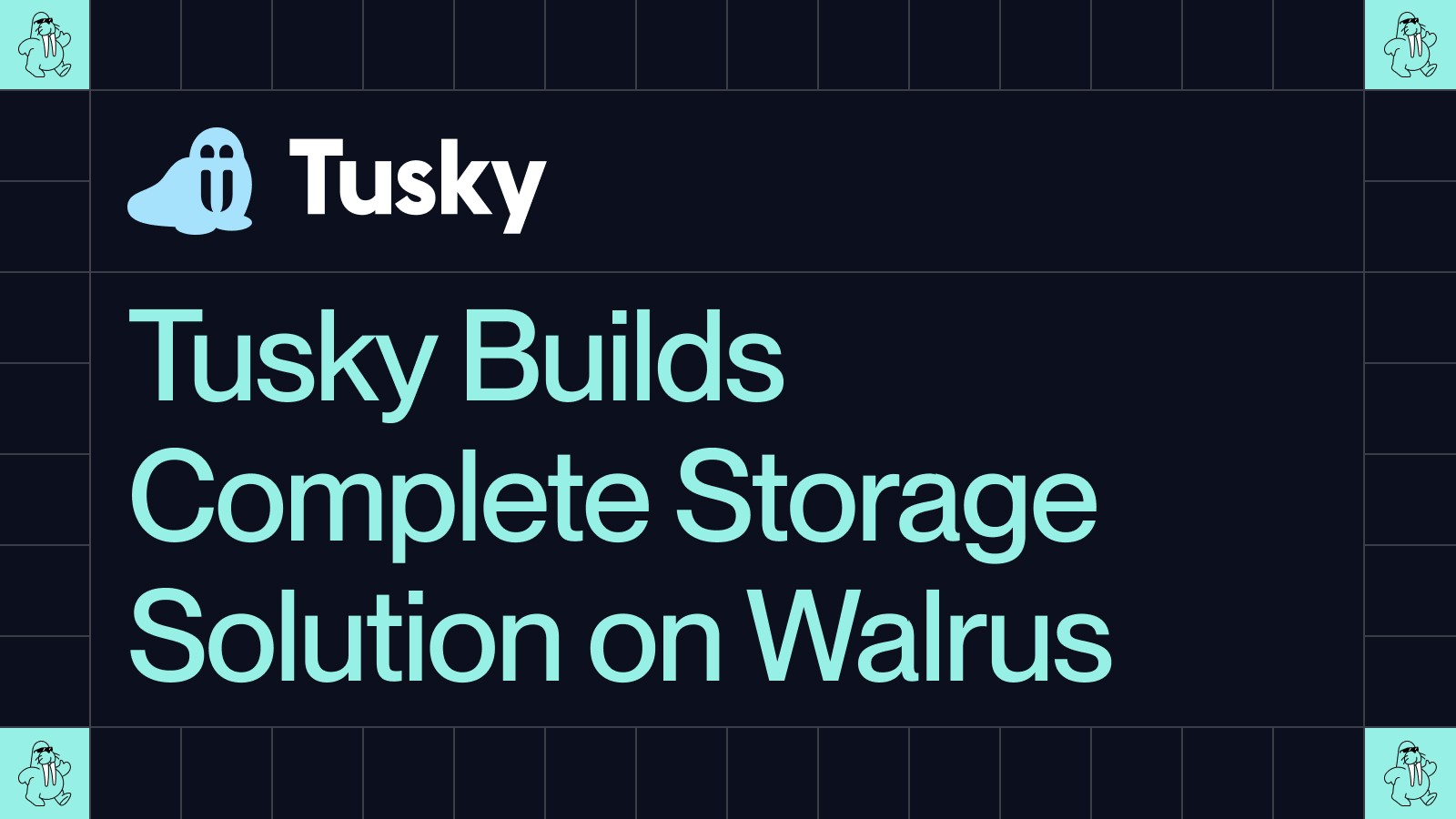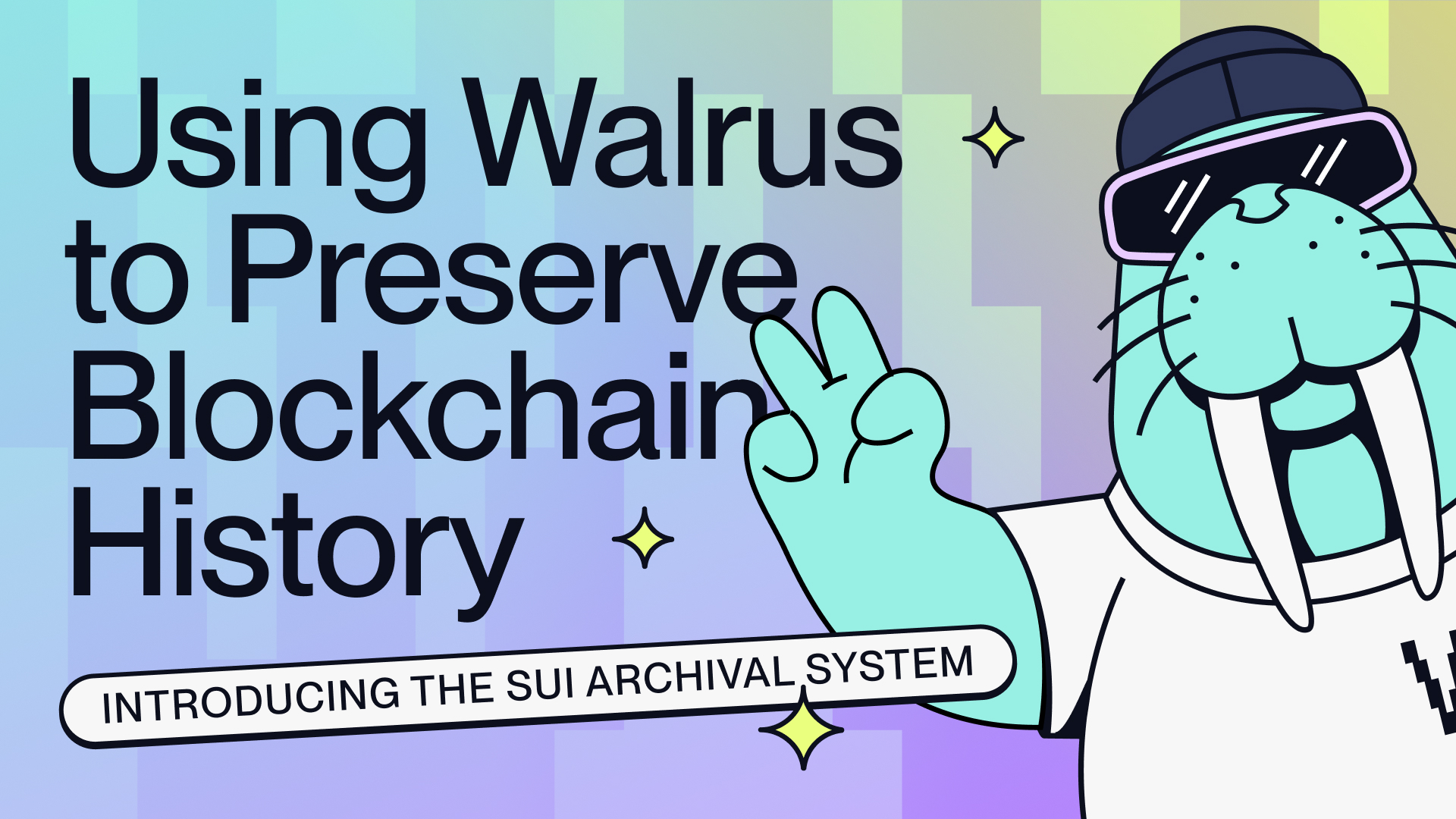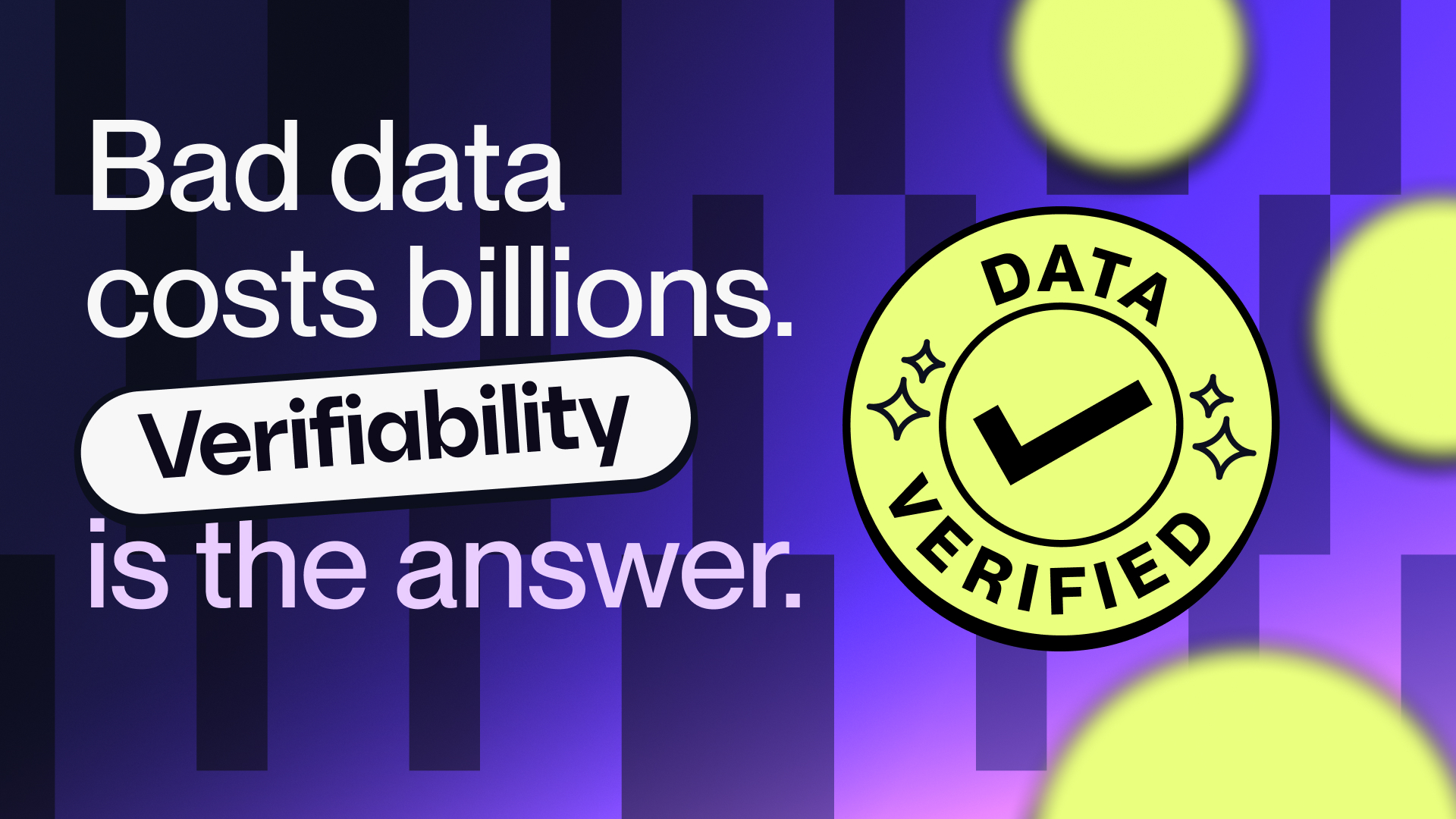Tusky Builds Privacy-First Web3 File Storage on Walrus
Tusky uses Walrus' decentralized programmable storage platform to offer customers public and end-to-end encrypted private vaults to manage, view, and share files.

Tusky is rooted in its mission to provide users and companies with genuine data ownership, aiming to serve as a decentralized, privacy-first alternative to traditional file sharing platforms. Tusky makes this vision a practical reality by building on Walrus as a resilient, distributed, versatile, and cost-effective improvement on traditional cloud-based object storage.
Challenge
In earlier development efforts to build permanent onchain storage using Arweave, the Tusky team found limited use cases and an unsustainable business model. The lack of ability to delete files on Arweave negatively impacted the features Tusky could offer, and the high upfront cost presented too much of a hurdle for user acquisition.
Solution
Building on Walrus since its Devnet phase, Tusky was able to leverage early insights into Walrus’ architecture and benefits to get ahead of these challenges by deeply integrating Walrus into their platform. The team found that Walrus answered all of Tusky's needs—offering versatility with both temporary and long-term storage.
In addition, Walrus’ high performance and resilience help Tusky meet customer expectations. With Walrus, Tusky’s users are able to pre-encode files before they’re fully published, which means that they can retrieve blob IDs almost immediately after upload. This increases the efficiency and responsiveness of Tusky’s app, unlocking more seamless integration with other workflows and meeting user expectations for retrieving and utilizing their data. Walrus' cost structure is also competitive with existing data solutions, letting Tusky offer attractive storage rates, which customers can pay in fiat currency, SUI, and SOL, with WAL support coming soon.
We chose Walrus as this was clearly a protocol built by the best team in Web3, built on the best blockchain, and built on the learnings of previous decentralized protocols. Finally, we have a storage protocol that can unlock the power of programmable data and facilitate data ownership at scale.
Why Walrus?
In conjunction with Sui, Tusky can mint assets stored on Walrus—like NFTs along with their metadata—allowing programmability through smart contracts. Using Seal, a decentralized solution to encrypt and gate data on Sui, Tusky can token-gate access to data stored on Walrus. Anyone wanting to access the private data needs to have the appropriate token(s) for access permissions, as dictated by a smart contract policy on Sui.
Walrus is also chain-agnostic, meaning Tusky can expand its minting and token-gating features to work with tokens on other chains like Solana, Ethereum, and other Layer 1s. This capability broadens Tusky's customer base.
In the future, Tusky will let users set the length of time for file storage, and pay for that storage upfront. Data can be marked as non-deletable, guaranteeing that it will be stored on Walrus for the desired timeframe.
Since moving to Walrus, Tusky has significantly enhanced its product offering, resulting in tangible benefits for users including lower costs, improved flexibility and new user experiences. By eliminating high upfront storage costs and making significant performance gains, Tusky has seen increased user adoption and retention.




